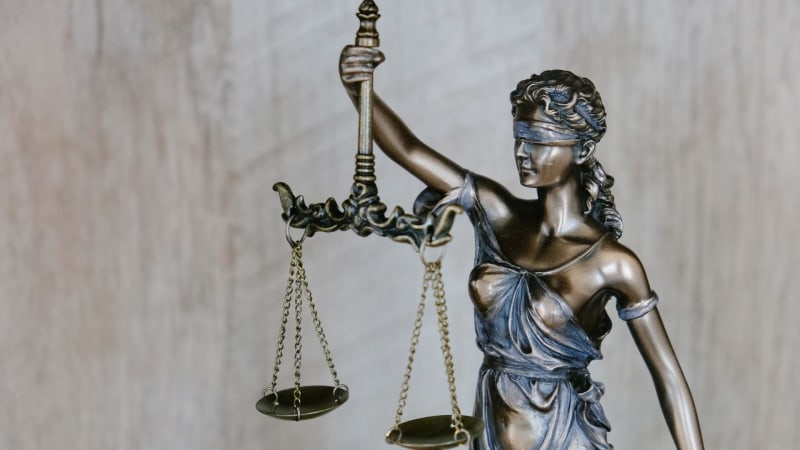Top Influential Legal Scholars Today

Today’s legal scholars draw from their knowledge of not only today’s laws, but also their understanding of legal precedence. As the legal issues facing society become more complex, so too must the means by which we consider the ethical and moral impacts of emerging legal problems. Read on to learn more about the top legal scholars studying in the field today.
From the first laws set forth in Hammurabi’s Code to today’s new laws governing the uses of unmanned drones and cybertechnologies, laws are more than merely a set of rules for humans to follow. Taken as a whole, the laws governing a society are a reflection of the values they hold. They must evolve over time in order to stay abreast of new technological and cultural challenges.
The world is facing an era of rapid technological change which has had serious implications for the legal landscape. Big questions have surfaced, such as, how do we balance First Amendment free speech rights with a rapidly worsening problem with strategic misinformation? How do we control private drone usage in such a way that privacy rights are respected? Is healthcare a privilege or a fundamental human right? What are the moral and ethical implications of for-profit healthcare? How should we interpret the 2nd Amendment, in light of technological and cultural changes?
The list to follow profiles some influential figures who have shaped the field of law and legal scholarship in recent years.
In what follows, we look at influential legal scholars over the last decade. Based on our ranking methodology, these individuals have significantly impacted the academic discipline of law within 2010-2020. Influence can be produced in a variety of ways. Some have had revolutionary ideas, some may have climbed by popularity, but all are academicians primarily working in law and legal studies. Read more about our methodology.
Note: This isn’t simply a list of the most influential legal scholars alive today. Here we are focused on the number of citations and web presence of scholars in the last 10 years. There are other highly influential scholars who simply haven’t been cited and talked about as much in the last 10 years, whereas some new faces have been making a splash in the news, speaking events, and publishing, publishing, publishing. Our AI is time sensitive. To find some of the big names you might have expected to see here, we encourage you to use our dynamic ranking system and check influence over the past 20 and 50 years.
Want more? Discover influential legal scholars throughout history:
Of All Time | Last 100 Years | Last 50 Years | Last 20 Years Note: The links above take you to rankings that dynamically change as our AI learns new things!Top Influential Legal Scholars 2010-2020
- Laurence Henry Tribe is an American legal scholar who is a University Professor Emeritus at Harvard University. He previously served as the Carl M. Loeb University Professor at Harvard Law School. A constitutional law scholar, Tribe is co-founder of the American Constitution Society. He is also the author of American Constitutional Law , a major treatise in that field, and has argued before the United States Supreme Court 36 times. Tribe was elected to the American Philosophical Society in 2010.
Honorable Mentions in Legal Studies
- Stephanos Bibas, University of Pennsylvania Law School
- Jack Goldsmith, Harvard Law School
- Jonathan Turley, George Washington University Law School
- Amy Wax, University of Pennsylvania Law School
- Tim Wu, Columbia University Law School
























